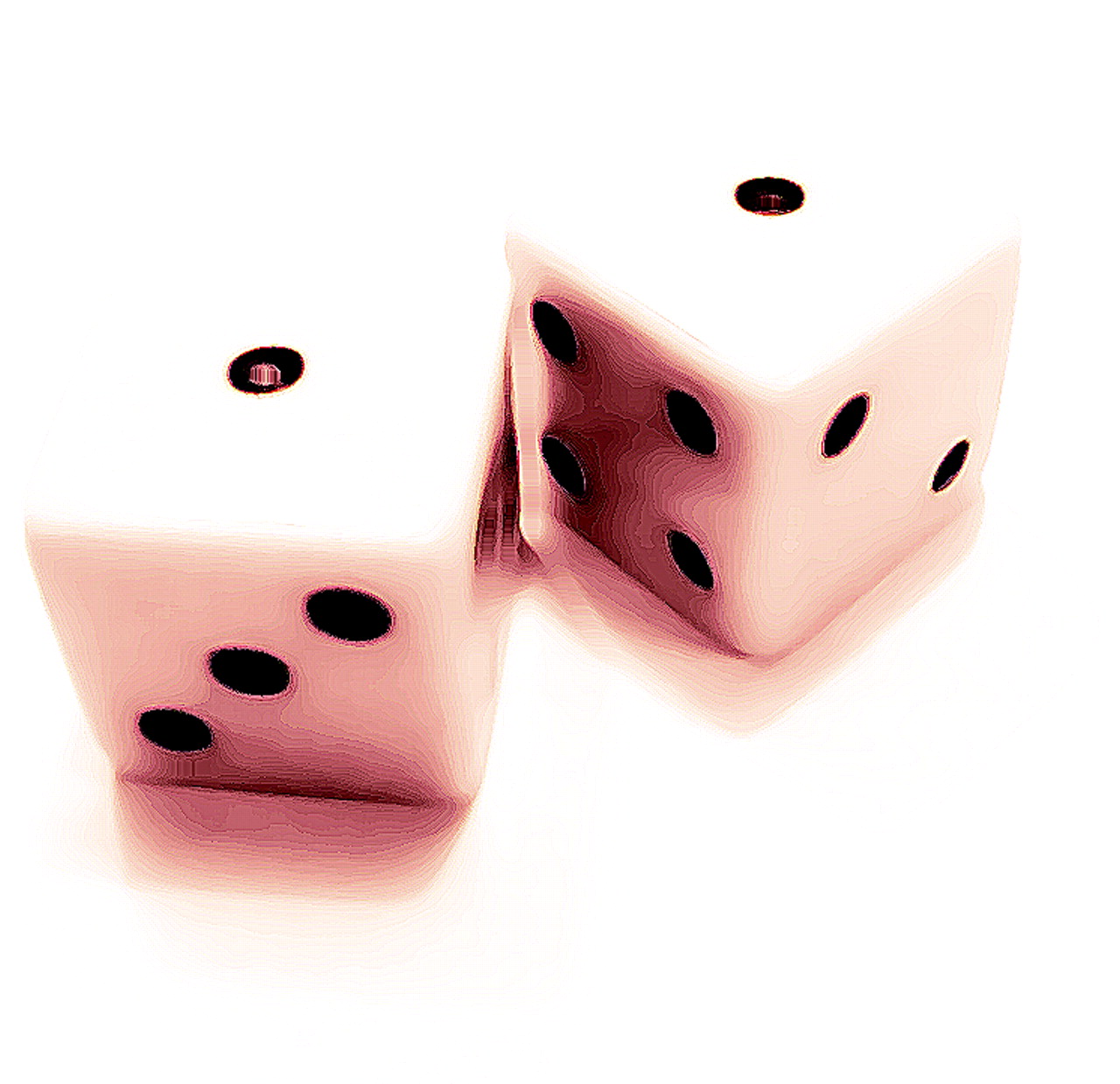Minneapolis and St. Paul, Minn., can appear to be a mecca for gamblers. There are casinos like Mystic Lake and Treasure Island and a new parimutuel betting method that is dazzling gamblers. There are pull tabs, where gamblers simply pull tabs out of a machine to see whether they are a winner.
But the Twin Cities, Las Vegas, and Atlantic City are far from the only places where Americans can woo Lady Luck.
Legalized gambling has been mushrooming throughout the country over the past 10 years. “It is happening everywhere in the nation as we talk,” Suck Won Kim, M.D., a professor of psychiatry at the University of Minnesota and a problem-gambling authority, told Psychiatric News.“ Almost every county in the nation now has some form of legalized gambling. Local and state officials see it as an easier way to boost revenue than is raising taxes.”
Moreover, as legalized gambling has soared and as new forms of gambling—parnet—have become available, there is reapathological gambling may have also increased.
“Howard Shaffer's group at Harvard analyzed more than 100 prevalence-estimate studies [of pathological gambling] performed over the past 30 years in North America,” Marc Potenza, M.D., Ph.D., an assistant professor of psychiatry and director of the problem-gambling clinic at Yale University, said in an interview. “These studies have been performed from the late 1970s through the late 1990s. When they compared prevalence estimates for pathological gambling derived from mid-1990s studies with prevalence estimates for pathological gambling derived from late 1970s to early 1990s studies, they found statistically significant differences, with higher estimates of pathological gambling in more recent studies.”
Gambling Research Soaring
Paralleling this putative increase in pathological gambling, however, is some good news—the area of problem-gambling research, which is in its infancy, has soared during the past five to 10 years.
“There are some very good people who have been studying alcoholism and substance addiction who have moved into the field of gambling,” said Jon Grant, M.D., J.D. Grant is an assistant professor of psychiatry at Brown University and director of the impulse control disorders clinic at Butler Hospital in Providence, R.I.
Further, this spiral in research has produced some helpful insights into the disorder.
For example, twin studies suggest that problem gambling has a genetic component. The genetic component in turn may consist of a vulnerability to addiction, since people with problem gambling often have family members with other kinds of addictions. The addiction vulnerability may be related to impaired impulse control, since brain areas crucial for impulse control—the ventromedial prefrontal cortex (including the ventral anterior cingulate)—seem to activate less in pathological gamblers than in individuals without a gambling problem.
Effective Treatments Emerge
Thanks to the recent surge in pathological-gambling research, treatments that can help counter problem gambling are also starting to be identified.
In the medication domain, they fall into three categories—SSRI antidepressants, mood stabilizers, and opiate antagonists—suggesting that pathological gambling may be an obsessive-compulsive spectrum disorder, a bipolar spectrum disorder, and an addiction disorder rolled into one.
Specifically, some studies have found that SSRI antidepressants can decrease thoughts about gambling and urges to gamble, whereas other studies have not. “So the SSRIs are probably helpful in a subgroup of gamblers, particularly those who have really compulsive urges to gamble,” said Eric Hollander, M.D., a professor of psychiatry and director of the compulsive, impulsive, and anxiety disorders program at Mount Sinai School of Medicine in New York.
Lithium can help problem gamblers who have mild mood swings reduce both their gambling urges and their mania, a double-blind, placebo-controlled study showed. It was headed by Hollander and published in the January American Journal of Psychiatry.
“It turns out that a substantial subgroup of gamblers have highs and lows,” said Hollander. “When people gamble, it tends to be associated with a lot of emotional arousal, and when people are in a sort of hypomanic or mild high state, they are much more likely to go ahead and act on their impulses to gamble.”
Hollander and his team are launching a large multicenter trial to see whether the mood-stabilizing anticonvulsant topiramate can help people with gambling problems, since it has already been shown to help people with some other impulse-control problems such as alcohol abuse, binge eating, and pathological aggression (Psychiatric News, February 4).
Regarding the opiate antagonists, several years ago Kim and his colleagues published results of a double-blind, placebo-controlled trial testing the opiate antagonist naltrexone (already approved by the Food and Drug Administration for the treatment of alcoholism) on problem gamblers.
Naltrexone was found to be superior to placebo in countering symptoms of the disorder. However, the medication caused liver enzyme problems in subjects who took over-the-counter pain medications at the same time. So subsequently, the related and putatively safer opiate antagonist nalmefene was tested on problem gamblers in a multicenter trial. Results are “quite promising,” said Grant, who headed the trial. He will be submitting his results to a peer-reviewed psychiatric journal.
Even with the progress made in understanding and in treating pathological gambling, there is still an urgency for more advances.
“We need to identify specific genetic factors involved in pathological gambling and how genetic factors and environmental factors interact in the development of the disorder,” Potenza said.
“We still do not know—and to me this is a fascinating phenomenon—why some people, when they start gambling, go precipitously downhill, whereas other people do not,” said Kim. “We are looking into it and why it is happening. What brain mechanisms are involved? I think we can design this study to get at least some answers.”
“It seems that there are extremely high rates of gambling in younger populations, particularly teenagers and college students,” Hollander observed. “There may be a transition from video gaming to Internet gambling. And we need to understand that a bit more.”
Cognitive-behavioral therapy can help problem gamblers, several American and Canadian studies have found. However, “one current difficulty with cognitive-behavioral therapy is standardization—a manual is not widely available or utilized,” Potenza said. “Thus, it's hard to make sure that people seeking treatment are receiving an empirically validated treatment and that this treatment is the same from location to location.”
Although Gamblers Anonymous meetings are held in virtually every state now, scientific evidence substantiating its effectiveness is sparse.
“What is the most effective treatment for problem gambling?” Grant asked. “We don't know that yet.” ▪

